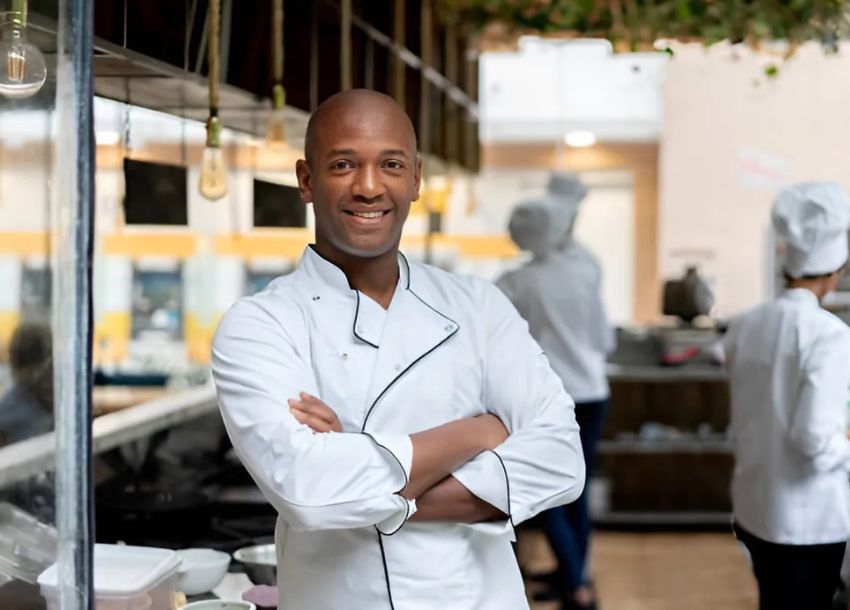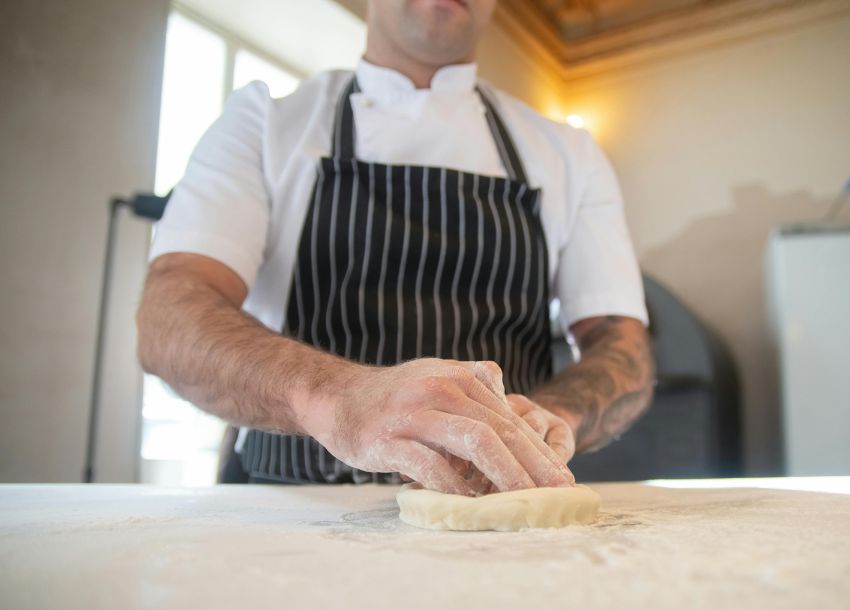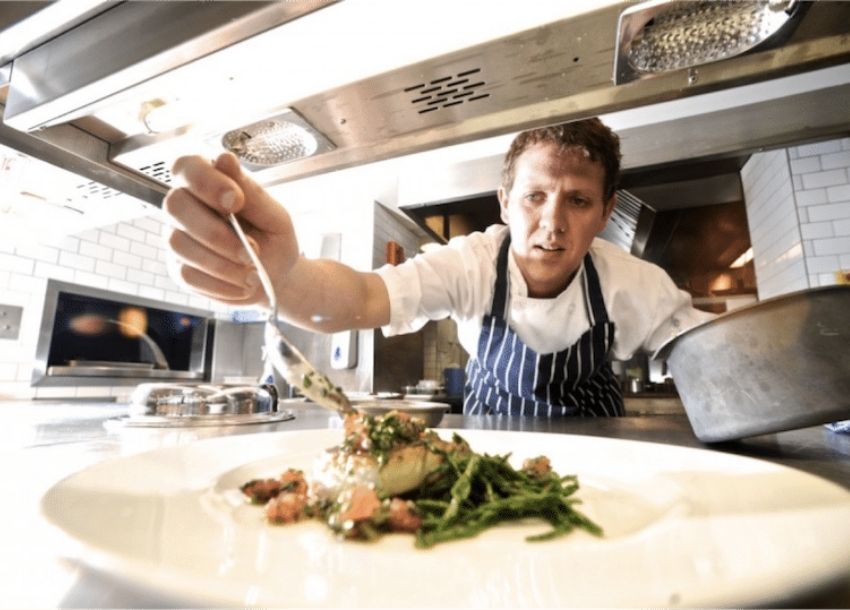Executive Chef Job Description for Hospitality Employers
- Recruit
- Oct 15
- Share post
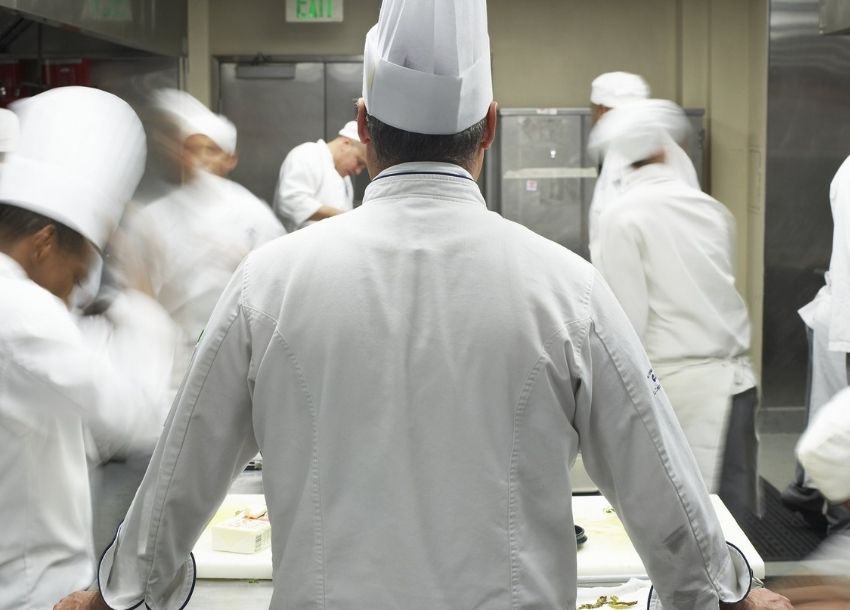
An executive chef job description should capture the pivotal role this position plays in a high-performing kitchen. In any successful hospitality business, the executive chef sits at the very top of the kitchen hierarchy. Part strategist, part creative visionary, and part business operator, they oversee everything from menu innovation to cost control, staff development, and guest satisfaction.
The right executive chef can elevate your brand, inspire your team and ensure every plate that leaves the pass is flawless. The wrong hire can impact service, morale and your bottom line.
This post outlines what an executive chef does, the skills they need and how to hire one who’s the perfect fit for your business.
What is an Executive Chef?
An executive chef – is the most senior figure in the kitchen. They are responsible for the overall culinary direction, operational efficiency and financial performance of the kitchen.
While a head chef often focuses on hands-on cooking and daily service management, the executive chef’s role is broader. It includes strategic planning, budgeting, large-team leadership and often liaising directly with owners or corporate management.
Executive chef job description – key responsibilities of an executive chef
- Designing menus, recipes, and presentation standards.
- Hiring, training and managing kitchen staff at all levels.
- Overseeing food preparation and ensuring consistency.
- Managing supplier relationships, ordering and inventory control.
- Implementing and maintaining hygiene and safety standards.
- Controlling food and labour costs to maximise profitability.
- Conducting performance reviews and setting staff development plans.
- Handling guest feedback and resolving service issues.
Essential skills and qualities
- Strong leadership and delegation skills.
- Creativity paired with commercial awareness.
- Excellent organisational and administrative abilities.
- Clear, confident communication skills.
- Ability to problem-solve under pressure.
- Competence in using kitchen management software and POS systems.
Executive chef job description: qualifications and experience
Most executive chefs have extensive experience in senior kitchen roles and formal culinary training. Typical requirements include:
- Culinary degree or recognised professional cookery qualification.
- 5+ years in a senior kitchen leadership role.
- Proven track record in menu development, cost control and staff management.
- Experience managing large or multi-outlet kitchen operations.
- Strong understanding of financial management and business strategy.
Salary expectations in the UK
Executive chef salaries in the UK typically range from £40,000 to £70,000+, with luxury hotels and high-volume venues paying more. Factors that influence salary include:
- Location (London and major cities usually command higher pay).
- Size and prestige of the establishment.
- Complexity of the operation.
Perks may include accommodation, travel allowances, performance bonuses, and professional development support.
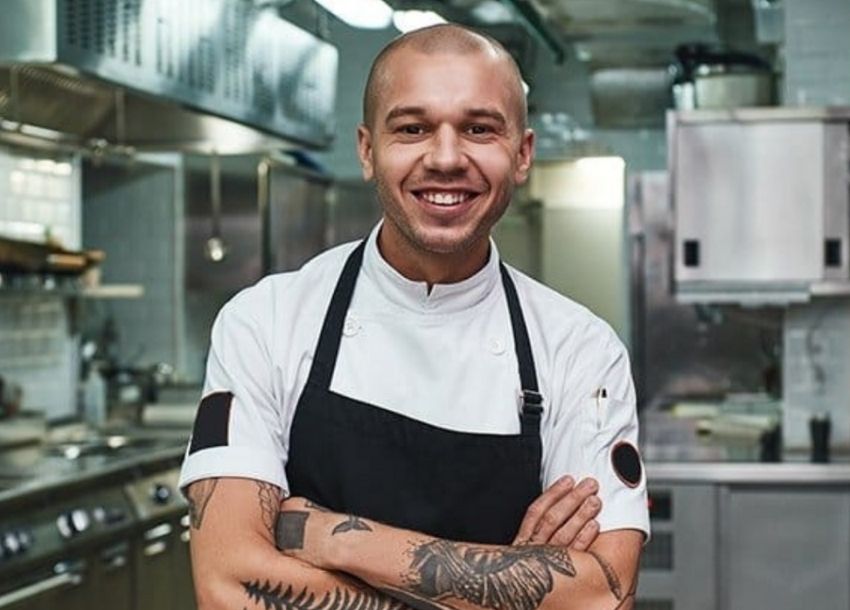
Hiring the right Executive Chef
When recruiting an executive chef, look for candidates who combine creativity, commercial awareness and leadership skill. Tailor your job ad to highlight your venue’s culture, ambitions, and expectations.
During interviews, focus on:
- Leadership and team-building style.
- Financial and operational management experience.
- Vision for menu and brand development.
Whenever possible, include a trial shift or menu presentation to assess practical and creative ability.
Example Executive Chef job description for employers
Job Title: Executive Chef
Location: [Your Venue / City]
Salary: £XX,000 – £XX,000 + benefits
About Us
We’re a [type of venue – e.g., award-winning restaurant, boutique hotel, or private members’ club] dedicated to delivering outstanding dining experiences. Our menus combine creativity, precision, and seasonality and we’re now seeking an executive chef to lead our kitchen with vision and expertise.
You’ll oversee every element of the culinary journey – from concept and costings to service delivery and guest satisfaction – ensuring our food offering remains exceptional, consistent, and commercially strong.
Key Responsibilities
- Lead and inspire a skilled kitchen brigade to deliver high standards of quality and consistency.
- Design, test, and launch innovative seasonal menus that reflect the venue’s brand and target audience.
- Oversee daily kitchen operations, ensuring smooth service and efficient workflow.
- Maintain the highest standards of food safety, hygiene and allergen control in line with UK regulations.
- Manage budgets, GP targets and supplier relationships to optimise profitability.
- Recruit, train, and develop kitchen staff, fostering a culture of professionalism, teamwork and growth.
- Collaborate with management on marketing, menu promotions and events to drive revenue.
- Monitor stock levels, purchasing and waste control through effective systems.
- Uphold brand standards and represent the kitchen at management and leadership meetings.
Requirements
- Proven track record as an executive chef or senior head chef within a high-quality hospitality environment.
- Demonstrated ability to lead and develop diverse kitchen teams.
- Strong menu development and costing expertise with a focus on quality and profitability.
- Excellent knowledge of food trends, ingredients, and modern techniques.
- Outstanding leadership, creativity, and organisational skills.
- Strong commercial understanding, including GP management, labour control and supplier negotiation.
- Relevant food hygiene and safety certifications (Level 3 or above).
Benefits
- Competitive salary with performance-related incentives.
- Opportunities for professional growth and training.
- Supportive, forward-thinking management team.
- Staff meals, uniform and additional benefits package.
Final thoughts
An executive chef is more than a kitchen leader – they’re a business driver, culture-setter and brand ambassador. The right hire can transform your food offering and inspire loyalty in both staff and guests.
–
FAQs – Executive chef job description
What’s the difference between a Head Chef and an Executive Chef?
Executive chefs typically have a broader remit, managing larger teams, budgets, and strategy. Head chefs are more hands-on with daily service.
Do Executive Chefs still cook?
Yes, but less frequently. Their focus is often on leadership, planning, and administration.
What size of team does an Executive Chef manage?
In large hotels or resorts, they may oversee dozens of staff across multiple outlets.
Should I prioritise creativity or management experience?
Ideally both – an executive chef must inspire with menus and lead with operational discipline.
How do I assess leadership skills in an Executive Chef?
Ask for examples of team challenges they’ve resolved and observe their interaction during a trial shift.
Comments
Add a comment
Leave a Reply · Cancel reply
You must be logged in to post a comment.

